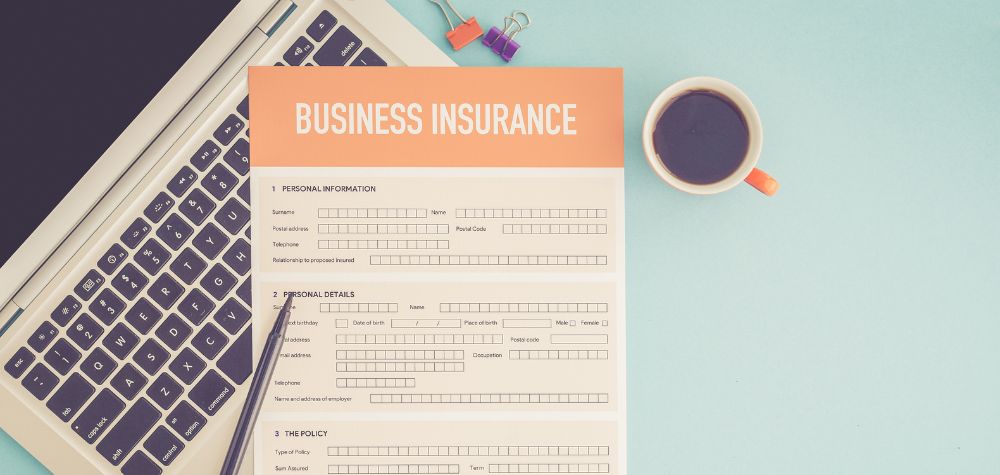Providing your business with insurance is like providing a safety net to a trapeze artist. You hope that you won’t need it, but having it in place adds security and protection if the worst-case scenario should occur.
Your business may require certain types of insurance, depending on the circumstances. These may be because it is required by law (such as workers’ compensation insurance) or because people you deal with may require it to provide something to you.
Other types of insurance are your choice but can be an important way to reduce business risk and protect things like your:
- business assets (such as equipment, premises and stock)
- customers
- employees
- business owners
- earnings
Some forms of insurance are required by law.
- Workers’ compensation insurance is compulsory if you have employees.
- If you are an independent contractor, you may require your own insurance.
- If you are a sole trader, you cannot cover yourself as an ‘employee’ with workers’ compensation insurance. So you’ll need to consider your own personal death, illness and disability insurance. You can cover yourself for accident and sickness insurance through a private insurer. This policy will compensate you for the loss of revenue while you recover.
- Third-party personal injury insurance is compulsory if you own a motor vehicle. This is often part of your vehicle registration fee.
- Public liability insurance covers you for third-party death or injury and is compulsory for certain types of companies.
Other forms of insurance may be necessary for your business’s needs to provide you with security in the event of incidents (and keep you from having it taken out of your pocket). Keep in mind the following for your business’s purposes.
Personal Or Loss Of Income Insurance
These are personal insurances that cover things that could happen to you. These may include income protection or disability insurance, life insurance, business interruption or loss of profits insurance, or even employee dishonesty.
Stock Products & Asset Insurance
If you have important business assets, property, stock or products you can’t afford to lose, these types of insurance provides cover. This may include building and contents, tax audit, transit goods, farm insurance, etc.
Accident & Liability Insurance
Liability insurance protects you if you are liable for the damage or injuries sustained to another person or property. This is mostly optional, but it’s highly recommended for your business if the possibility of legal action is high. For some industries, liability or professional indemnity insurance is mandatory.
Technology & Cybercrime Insurance
Insurance cover is required to protect against emerging technology risks within businesses. This may include:
- Electronic equipment insurance will cover your electronic items from theft, destruction or damage.
- Cyber liability insurance protects your business against cybercrime. This insurance covers the cost of keeping your data secure and the expenses from disrupting your business
Examine each type of insurance and consider if it’s something your business needs. Talk to a licenced insurance broker, business advisor or insurer for advice.



